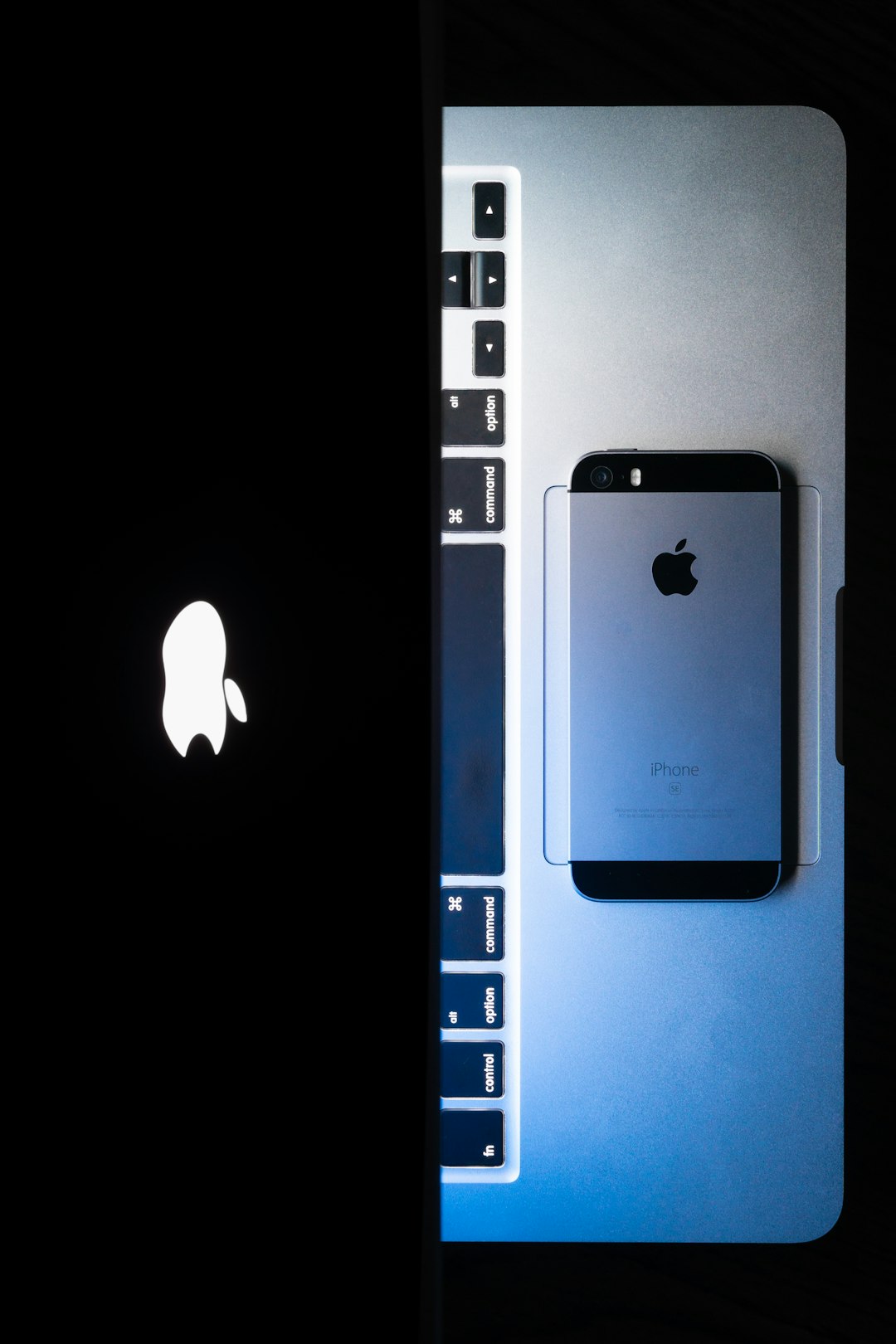Once upon a time, BlackBerry phones were everywhere. Business people loved them. Even celebrities used them. They were cool, secure, and, most importantly—came with a keyboard.
But where did BlackBerry go? What happened to this once-iconic brand?
Let’s explore how a giant like BlackBerry failed to adapt and slowly faded away. And don’t worry—we’ll keep it fun, short, and packed with lessons.
1. They Thought They Were Too Cool to Change
Table of Contents
BlackBerry was at the top. Everyone wanted a BlackBerry. In 2009, it had over 50% of the US smartphone market.
Then came the iPhone and Android. These phones had big screens, powerful apps, and new features. But what did BlackBerry do?
Nothing. They believed their core audience—business users—would never leave them. They thought iPhones were just toys.
Huge mistake.
If you don’t change, the world will move on without you.
2. That Keyboard Love Hurt Them
People loved BlackBerry for its physical keyboard. Typing long emails was a dream. But touchscreens arrived, and suddenly, tiny keyboards weren’t so cool anymore.
Apple’s iPhone offered a full-screen experience. Android followed. Apps became king. Games, music, blogging—all this was easier on a big screen.
BlackBerry clung to its keyboard design. Their rivals embraced the future.
Lesson: Love your product, but not so much that you can’t let it grow.

3. The App Gap Was a Real Problem
By 2010, apps were everything. People wanted Instagram, YouTube, mobile games, and cloud tools. iOS and Android had millions of apps. BlackBerry? Almost none.
Developers didn’t want to build apps for BlackBerry. Why?
- Small user base
- Old operating system
- Too many rules
BlackBerry tried to fix it by launching a new OS: BlackBerry 10. They even allowed Android apps to run on BlackBerry. But it was too late.
You can’t build a great phone without great apps.
4. They Didn’t Understand the Market Shift
Here’s a key moment: Steve Jobs introduced the iPhone in 2007. It was a phone, an iPod, and a web device—all in one.
Everyone laughed. Including BlackBerry’s co-CEOs. They said, “It can’t handle email like BlackBerry does.”
But users didn’t care about just secure emails anymore. They wanted music, selfies, mobile browsing, social media, and apps that did just about everything.
BlackBerry didn’t listen. They stayed focused on business users. Meanwhile, iPhones and Androids were growing like wildfire in both work and personal spaces.
If you’re not listening to your customers, you’re losing them.

5. Bad Branding and Confusing Products
Remember the BlackBerry Storm? The PlayBook tablet? Most people don’t. That’s because they were difficult to use, buggy, or just plain confusing.
BlackBerry released too many similar-looking phones with complex names. Comparing a Curve to a Bold? Most didn’t know the difference.
Meanwhile, Apple had the iPhone. Simple. Powerful. Consistent.
Simple is better. Always.
6. Arrogance Played a Role
Here’s the truth: success can make you blind. BlackBerry had billions in the bank and loyal customers. They thought those two things would last forever.
They laughed at the iPhone. Ignored Android. Mocked touchscreens. They believed no serious businessperson would use an iPhone.
They forgot one crucial rule of business:
Never stop learning. Never stop listening.
7. Too Late to the Game
Eventually, BlackBerry tried to catch up. They made touchscreen phones. Updated their software. Even added an Android app store.
But the party had already started. And BlackBerry showed up hours late—in a suit and tie while everyone else wore sneakers.
By then, customers had moved on. Developers had moved on. The media had moved on.
If you’re not first, at least be fast. BlackBerry was neither.
8. Leadership Drama Didn’t Help
BlackBerry had co-CEOs. That means two people calling the shots. Often, this led to different visions, delays, and strategy shifts.
When you’re trying to survive a tech revolution, clear direction is vital. BlackBerry didn’t really have that in its final years as a major phone maker.
Result? More missed opportunities. More failed products.
9. Security Alone Wasn’t Enough
BlackBerry shouted for years, “We’re the most secure phone!”
And it was true.
But the average user didn’t care about super-high security. They cared about games, camera quality, and Instagram filters.
BlackBerry kept pitching to businesses. Apple and Google pitched to everyone.
The world didn’t want a suit-and-tie phone anymore.
10. The Final Shift: From Phones to Software
The good news? BlackBerry didn’t completely disappear. Today, they focus on software and security for cars and enterprises.
No more phones. But they’re still around, smarter (and humbler) than ever.

What We Can Learn from BlackBerry’s Fall
BlackBerry’s story isn’t just about phones. It’s a cautionary tale for every business. Here are the key takeaways:
- Adapt fast. The world moves quickly. So should you.
- Respect your competition. Even if they seem small at first.
- Listen to your users. They’ll tell you what they want—before it’s too late.
- Don’t fall in love with your past. Or your keyboard.
- Keep learning. No one knows everything—even top CEOs.
Conclusion
BlackBerry didn’t fail overnight. They missed changes, clung to old ideas, and underestimated trends. Success made them comfortable, and comfort made them slow.
Innovation waits for no one. And the smartphone market? It’s brutal.
But through their fall, BlackBerry taught us one of the most powerful lessons in business:
If you’re not changing, you’re dying.
So, stay curious. Stay humble. And keep evolving. Or face the BlackBerry fate.

